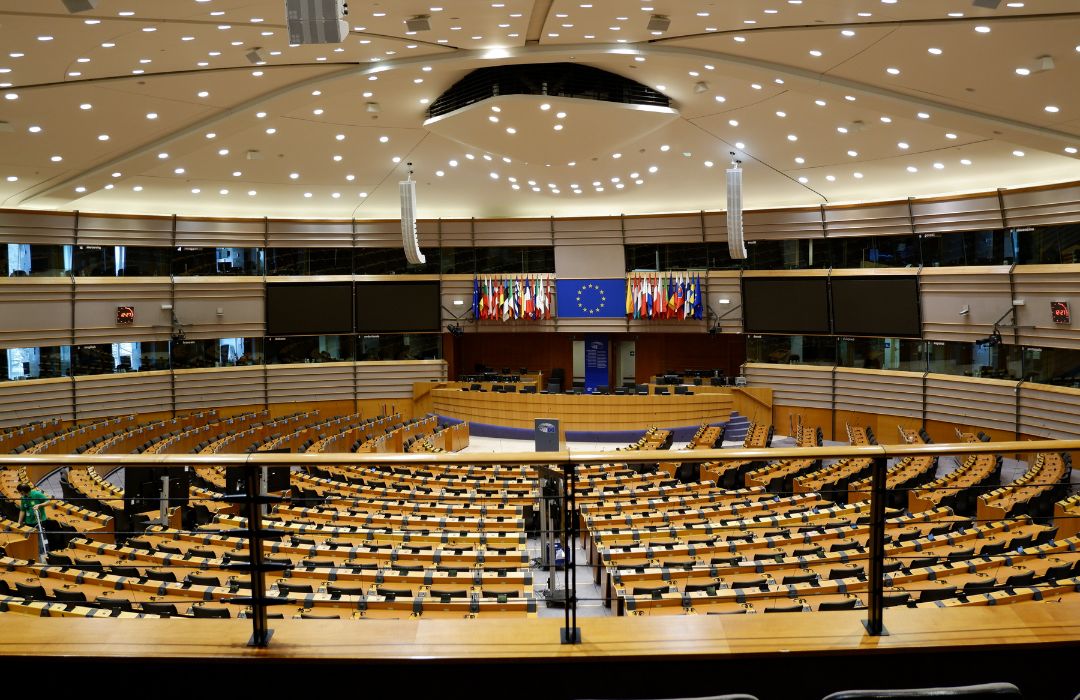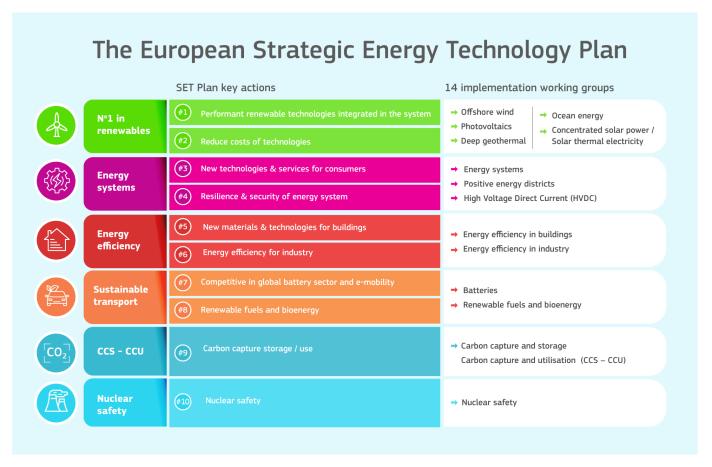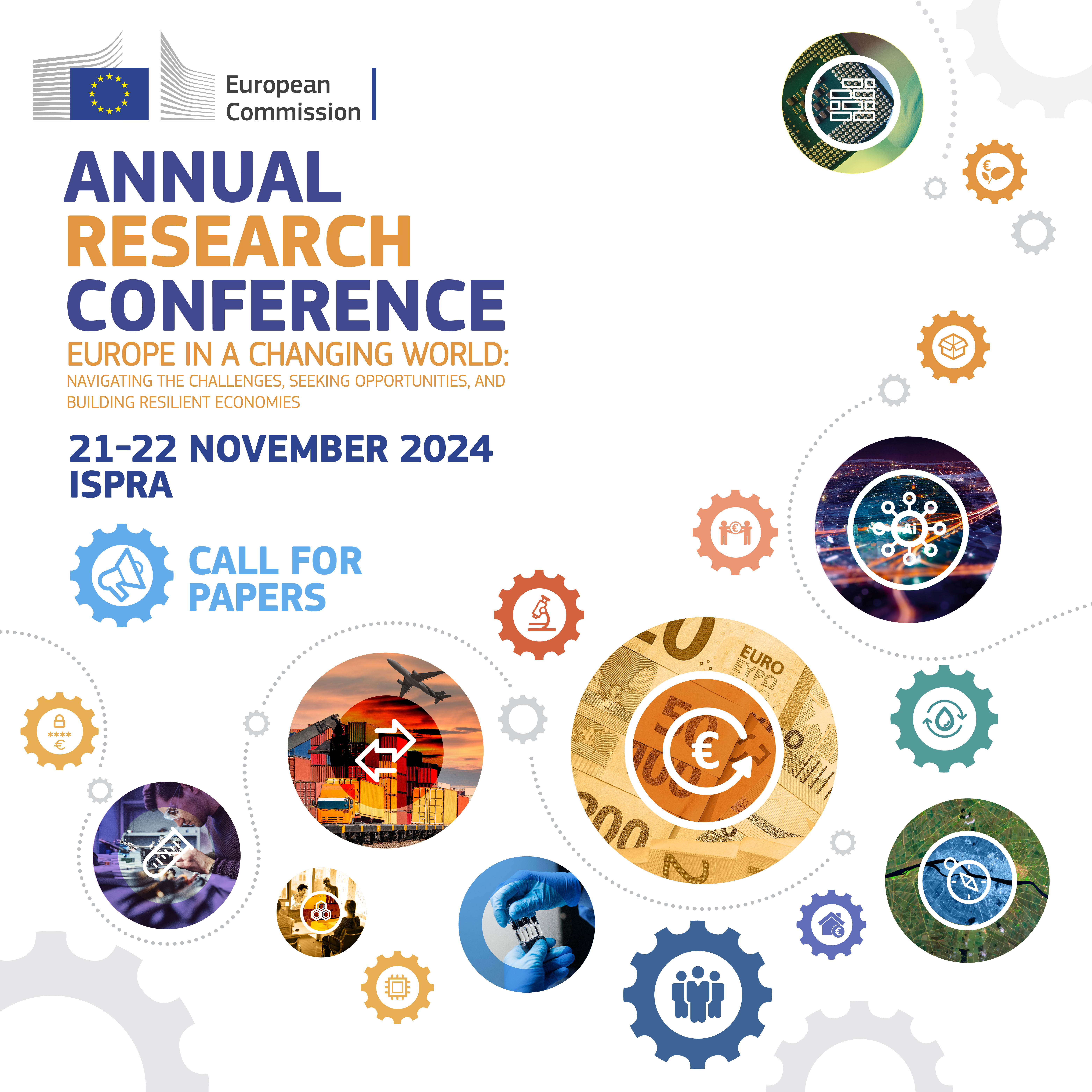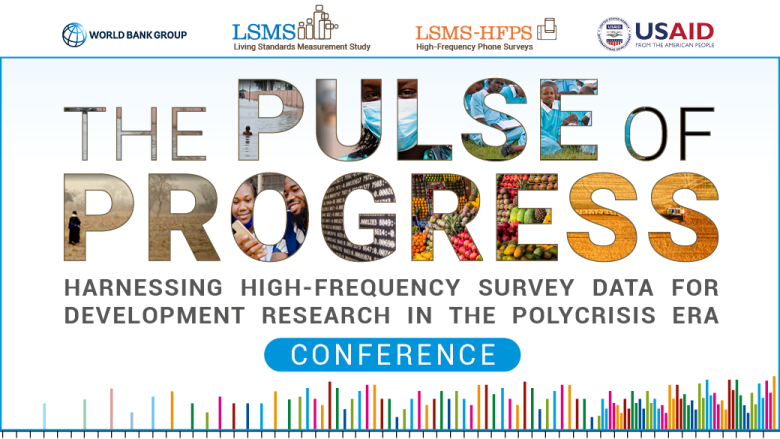 The European Commission has endorsed a positive preliminary assessment of Greece's fourth payment request for €2.3 billion in loans under the Recovery and Resilience Facility (RRF). This significant milestone highlights Greece's progress in implementing reforms and investments outlined in its national recovery plan.
The European Commission has endorsed a positive preliminary assessment of Greece's fourth payment request for €2.3 billion in loans under the Recovery and Resilience Facility (RRF). This significant milestone highlights Greece's progress in implementing reforms and investments outlined in its national recovery plan.
Driving positive change for Greece
The RRF is a key component of the EU's NextGenerationEU programme, and the payment request covers crucial steps in delivering investments that will drive positive change for citizens and businesses in Greece. Key areas targeted include the green transition, digitalisation, increasing export capacity, economies of scale, and innovation.
The specific target met in this payment request requires that a cumulative €4.5 billion of RRF loan contracts are signed by financial institutions with companies to support private investment. This target is part of the Loan Facility, which is the largest measure in Greece's recovery and resilience plan.
The Loan Facility was established to address the low level of private investment in Greece and accelerate economic development and growth. It aims to support private investment related to the green transition, digitalisation, increasing export capacity, economies of scale, and innovation. Companies can benefit from easier access to finance through loans, as well as equity support for small and medium-sized enterprises (SMEs). Examples of investments funded include the replacement of existing electricity consumption meters and metering systems with digital ones, investments in machinery for construction and civil engineering works, the development of photovoltaic parks, the construction of wind farms, and increasing the production capacity of industrial plants by adding new production lines.
The RRF in Greece
Greece's recovery and resilience plan, ‘Greece 2.0,’ includes a wide range of investment and reform measures aimed at fostering a strong recovery while making the country's economy and society more resilient and future-ready.
The plan, initially approved by the Council in July 2021, was updated in December 2023 to incorporate a REPowerEU chapter. This chapter introduces additional measures to reduce Greece's reliance on fossil fuels, in line with the objectives of the REPowerEU Plan, the EU's response to the energy market disruption caused by Russia's invasion of Ukraine.
Primary goals
With a total value of €36 billion, comprising €18.2 billion in grants and €17.7 billion in loans, the Greek plan targets the following main priorities:
Green transition
Investments in energy efficiency, renewable energy, sustainable transport, reforestation, and waste management, among others. For instance, the plan supports the green transition through investments to enhance the energy efficiency of more than 110 000 residences, including for energy-poor households. It also envisages the deployment of more than 4 500 publicly accessible electric charging points across Greece and the acquisition of 220 electric urban public transport buses in Athens and Thessaloniki.
Digital transition
Initiatives to digitalise public administration, improve connectivity, and promote digital skills, with specific investments support the deployment of fibre optic infrastructure in buildings and the integration of digital technologies in SMEs. The plan also aims to promote the digital transformation of the education and health systems, as well as digital upskilling.
Economic and social resilience
Reforms and investments to strengthen the labour market, modernise public administration, and simplify the regulatory framework. Around €770 million will be invested in redesigning and strengthening active labour market policies to increase full-time employment, including for long-term unemployed and disadvantaged people. The plan also includes a measure to provide vocational training to 18,000 refugees in Greece, facilitating their integration into the labour market.
Boosting private investment and exports
A significant portion of the Greek plan, €17.7 billion, is available in the form of favourable loans to support private investments. A substantial part of these funds will support the climate transition and the digital transition, aligning with the plan's green and digital objectives.
Moreover, the plan aims to increase Greece's export capacity by supporting investments in key sectors such as manufacturing, tourism, and agriculture. This will help boost the country's competitiveness and contribute to its economic recovery.
Next steps
The Commission has now sent its preliminary assessment of Greece's fulfilment of the target required for this payment to the Economic and Financial Committee (EFC). The EFC has four weeks to deliver its opinion.
The payment to Greece can take place following the EFC's opinion and the adoption of a payment decision by the Commission.
With this payment, the funds paid out to Greece under the Recovery and Resilience Facility will reach €17.2 billion, representing 47% of the total funds in the Greek plan. Additionally, 22% of all the milestones and targets in the plan will have been fulfilled.
The Recovery and Resilience Facility is a performance-based programme, meaning that the Commission disburses funds to each country only when agreed milestones and targets towards completing the reforms and investments are achieved.
A transformative plan for Greece
By endorsing Greece's fourth payment request, the European Commission recognises the country's efforts in implementing its recovery plan and driving positive change across various sectors, from the green and digital transitions to economic and social resilience.
The reforms and investments outlined in the Greek plan address the country's specific challenges, aiming to facilitate the decarbonisation of the economy, modernise and digitalise public administration, promote innovation and digital uptake in key economic sectors, and upgrade healthcare, education, and active labour market policies.
All measures must be implemented within a tight time frame, as the Regulation establishing the Recovery and Resilience Facility requires all milestones and targets within the national plans to be completed by August 2026.







